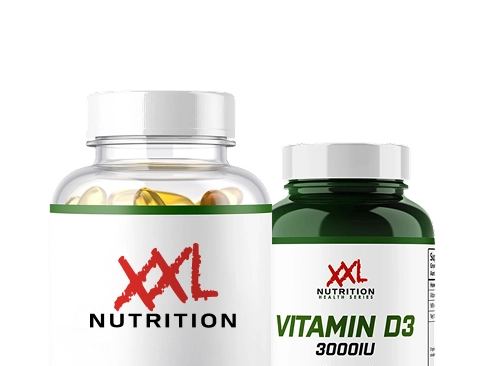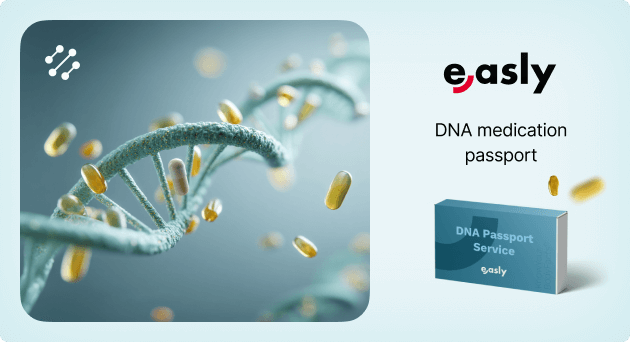For decades, prescriptions have been based on population averages, including average weight, age, and response. But medicine is catching up to a deeper truth: drug response isn’t average. It’s personal, and genetics is often the missing variable.
By analyzing specific genes associated with drug metabolism through pharmacogenetics testing, clinicians can now predict how the body will respond to treatment before it begins. This allows them to optimize efficacy, reduce trial and error, and avoid preventable side effects.

The data speaks for itself. In a recent multi-country trial, pharmacogenetic-guided prescribing reduced severe adverse drug reactions by 30%. At the same time, real‑world data from over a million UK side‑effect reports suggest that 9% of all adverse reactions involve drugs where genetics matter. This is more than a scientific advance; it’s a shift in how treatment decisions are made and how risk is managed.
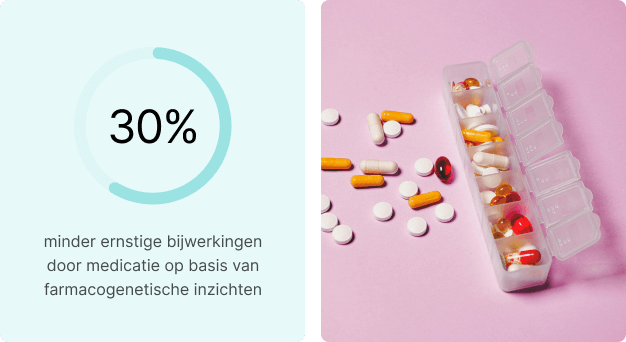
In this post, we break down the science, the clinical momentum behind it, and the growing role pharmacogenetics is playing in reshaping everyday care.
What is Pharmacogenetic testing and how does it work?
Pharmacogenetics is the study of how your genes affect your response to medications. The core idea is simple: genetic variations can impact how your body processes, absorbs, activates, or eliminates drugs. These variations can influence whether a medication is effective, causes side effects, or requires dosage adjustments.
But applying these insights in clinical care begins with pharmacogenetic testing. This process analyzes specific genes involved in drug metabolism, particularly those coding for liver enzymes in the cytochrome P450 (CYP) family. Based on your unique DNA profile, the test can predict whether you’re likely to be a normal, slow, or rapid metabolizer of certain drugs.
Healthcare professionals then use this information to adjust prescriptions, accordingly, avoiding trial-and-error treatments.
How can your DNA influence how your body reacts to medications?
There are three keyways genetic differences shape drug response:
- Metabolism rate: Some people metabolize drugs too quickly, clearing them before they can take effect. Others process them too slowly, leading to higher drug levels and a greater risk of side effects or toxicity.
- Drug activation: Certain medications, known as prodrugs (e.g., codeine), require activation by specific enzymes to become effective. If you lack a functional version of the gene that produces that enzyme, the drug may remain inactive and ineffective.
- Receptor sensitivity: Variants in genes encoding drug targets, such as receptors or transport proteins, can alter how your body responds. This means you may need a different dose or a different drug entirely to achieve the desired therapeutic effect.
This genetic variability is why two people with the same diagnosis can respond very differently to the same medication.
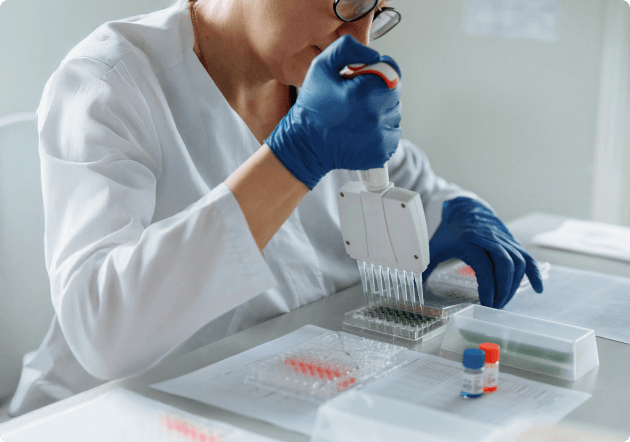
Which genes are involved in drug metabolism and response?
While hundreds of genes influence drug response, most pharmacogenetic tests focus on a few key players:
| Gene | Function | Drugs Affected |
|---|---|---|
| CYP2D6 | Metabolizes ~25% of all medications | Antidepressants, opioids, beta-blockers |
| CYP2C19 | Important for activating some drugs | Proton pump inhibitors, clopidogrel |
| CYP2C9 | Metabolizes NSAIDs and warfarin. | Ibuprofen, warfarin |
| SLCO1B1 | Drug transporter in the liver | Statins |
| VKORC1 | Warfarin sensitivity | Warfarin |
| TPMT | Metabolizes thiopurines | Azathioprine, 6-mercaptopurine |
These genes determine how drugs are processed and how your body responds, making them central to the pharmacogenetics test panel.
What types of medications are most affected by genetic differences?
Pharmacogenetic testing is most useful for drugs with a narrow therapeutic range, a high risk of side effects, or unpredictable patient response. In these cases, getting the dose or drug wrong can lead to serious consequences.
Commonly affected drug classes include:
- Antidepressants and antipsychotics (e.g., SSRIs, tricyclics, risperidone).
- Pain medications (e.g., codeine, tramadol), especially those needing enzymatic activation.
- Blood thinners (e.g., warfarin, clopidogrel), where metabolism impacts safety.
- Statins (e.g., simvastatin), particularly in patients prone to muscle-related side effects.
- Cancer therapies (e.g., mercaptopurine, fluorouracil), requiring genotype-guided dosing.
- Antiepileptics (e.g., phenytoin, carbamazepine), with risks tied to metabolism and hypersensitivity.

For these drugs, knowing a patient’s genetic profile helps reduce adverse effects and improve treatment precision from the star
Can Pharmacogenetic testing help prevent side effects or allergic reactions?
Yes. Pharmacogenetic testing can identify patients at risk of severe drug reactions before treatment even begins. For example, individuals with HLA variants may face life-threatening responses to carbamazepine or abacavir, while CYP2D6 poor metabolizers can accumulate toxic levels of codeine. Others with SLCO1B1 variants are more prone to muscle damage from high-dose statins.
By identifying these risks early, pharmacogenetic testing enables clinicians to avoid harmful prescriptions and select safer, more effective alternatives.

Who should consider taking a Pharmacogenetic test?
Pharmacogenetic testing at-home or in a clinic is beneficial for:
- People starting long-term medications (e.g., antidepressants, blood thinners)
- Individuals who’ve experienced side effects or treatment failure
- Patients on multiple medications (polypharmacy)
- People with a family history of drug sensitivity
- Those who want a proactive approach to medication safety and personalization
It’s also a powerful tool for older adults, who often take many medications and are more vulnerable to adverse drug reactions.
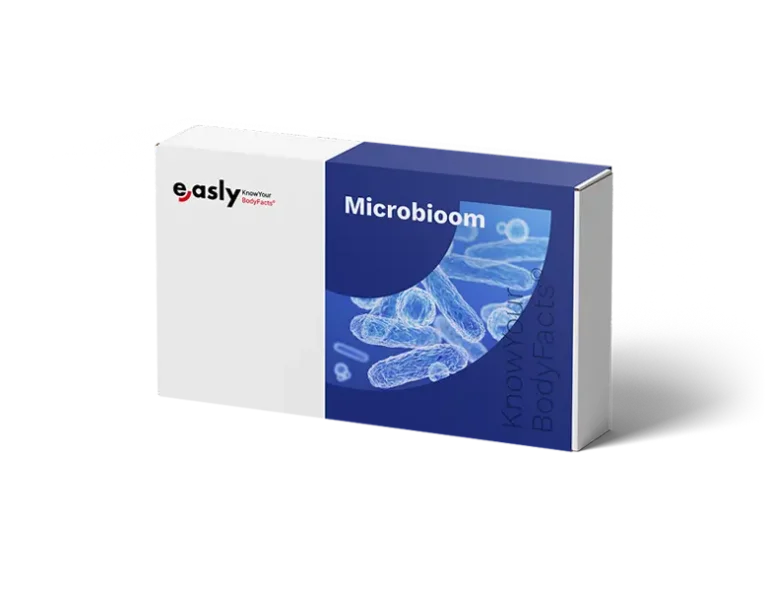


Is Pharmacogenetic testing reliable and scientifically proven?
Yes. Pharmacogenetic testing is supported by strong clinical evidence and is already part of prescribing guidelines in the Netherlands and across Europe. Institutions such as the KNMP and the Dutch Pharmacogenetics Working Group (DPWG) have issued genotype-based dosing recommendations, while the European Medicines Agency (EMA) includes pharmacogenomic data in its drug labels.
Used appropriately, pharmacogenetics is a reliable, science-backed tool for improving safety and treatment precision.
What does a typical Pharmacogenetic test look like?
Pharmacogenetic testing is a simple, non-invasive process that usually involves a saliva sample or a buccal swab. Blood draws are less common outside of clinical settings. The sample is processed in a certified lab, with results interpreted by clinical pharmacologists or geneticists. Most tests screen for 10–50 key genes, depending on the provider.
At-home pharmacogenetic testing options, such as those offered by Easly, make it easy to integrate DNA-based prescribing into everyday care.
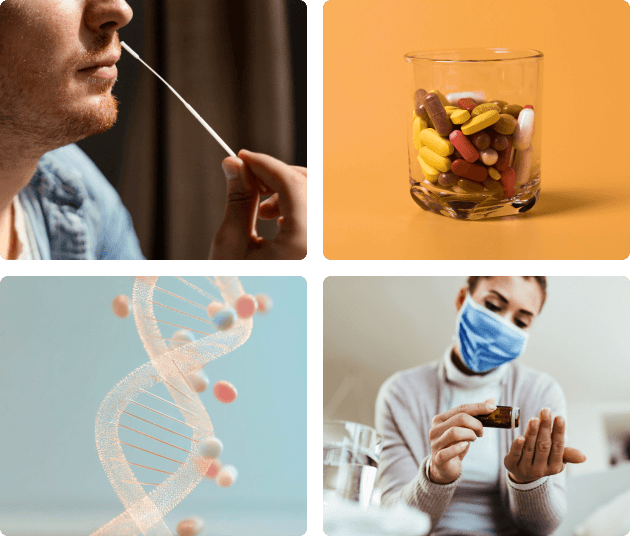
How long does it take to get results from a DNA medication test?
Timing depends on the provider. At-home kits typically deliver results within 4 to 5 weeks, while clinical settings may return results faster. Once ready, results are reviewed with a clinician or pharmacist who can translate them into actionable prescribing guidance.
How does this test fit into personalized or precision medicine?
Pharmacogenetics is a cornerstone of precision medicine, enabling treatments tailored to your genetic profile, rather than relying on population averages. In the Netherlands, leading institutions like Erasmus MC and Leiden UMC are already embedding pharmacogenetic data into routine care. Initiatives like Alliance Healthcare’s DNA medication passport are further streamlining its use across specialties.
Over time, your DNA profile can follow you across providers, informing safer and more precise treatment decisions at every step.
Are there any risks or ethical concerns with using genetic data for prescriptions?
While physically safe, pharmacogenetic testing raises critical ethical questions. Privacy must be protected, with strict controls on how DNA data is stored and shared. Laws like the GDPR and the Dutch WGBO offer safeguards against misuse or discrimination.
Another key concern is misinterpretation, which is why results should constantly be reviewed with qualified professionals. Choosing a reputable provider ensures your data is used ethically, responsibly, and in your best interest.

What should I do with the results of my pharmacogenetic test?
Once you receive your test results:
- Review them with your doctor or pharmacist.
- Store them in your medical file (or medication passport).
- Share them with any specialists involved in your care.
- Keep a personal copy for travel or emergencies.
Providers like Easly offer user-friendly reports and DNA medication passports that translate complex genetics into actionable advice for both patients and clinicians.
Can this type of DNA testing replace regular medical advice or blood tests?
No, pharmacogenetic testing is a complement, not a substitute, for traditional diagnostics. It doesn’t measure current drug levels, diagnose diseases, or replace clinical judgment.
What it does offer is a powerful layer of genetic insight that helps your care team make more precise, proactive treatment decisions.
What’s the future of pharmacogenetics in healthcare?
Pharmacogenetics is moving toward routine use, driven by integration into electronic health records, expanded insurance coverage, and national personalized medicine programs. In the Netherlands, institutions like the KNMP and top universities are investing in implementation and research.
The result? Fewer trial-and-error prescriptions, and a future where DNA guides treatment from day one.

Conclusion
Pharmacogenetic testing is no longer experimental; it’s a practical step toward safer, more personalized care. By understanding how your DNA influences drug response, clinicians can make informed decisions before treatment begins, rather than after complications arise.
Whether you’re managing a complex condition, taking multiple medications, or simply aiming to reduce risk, this type of testing brings clarity and control to your treatment plan.
To learn more about the benefits of pharmacogenetic testing, or to order an at-home kit visit Easly
Sources
- Europe PMC. A 12-gene pharmacogenetic panel to prevent adverse drug reactions.
- PLOS Medicine. Pharmacogenetics and adverse drug reports.
- Universiteit Leiden. Pharmacogenetics will become part of patient care.
- Easly. DNA self-test by Easly and Mozand in development to determine optimal medication dosage.
- Easly. DNA paspoort voor medicijnen.
- Alliance Healthcare. Pharmacogenetic test brings personalised medicine closer in the Netherlands.
- KNMP. Pharmacogenetics.
- Easly. Farmacogenetische test.
- ClinPGx. DPWG: Dutch Pharmacogenetics Working Group.
- European Medicines Agency.





